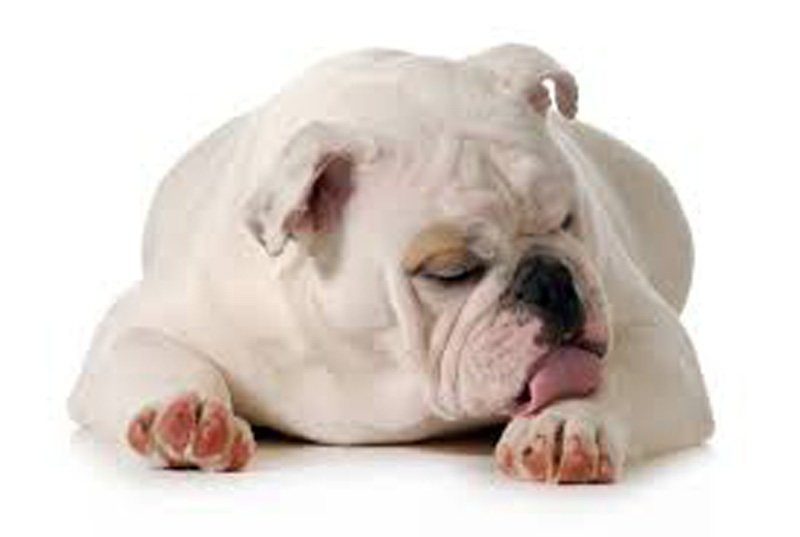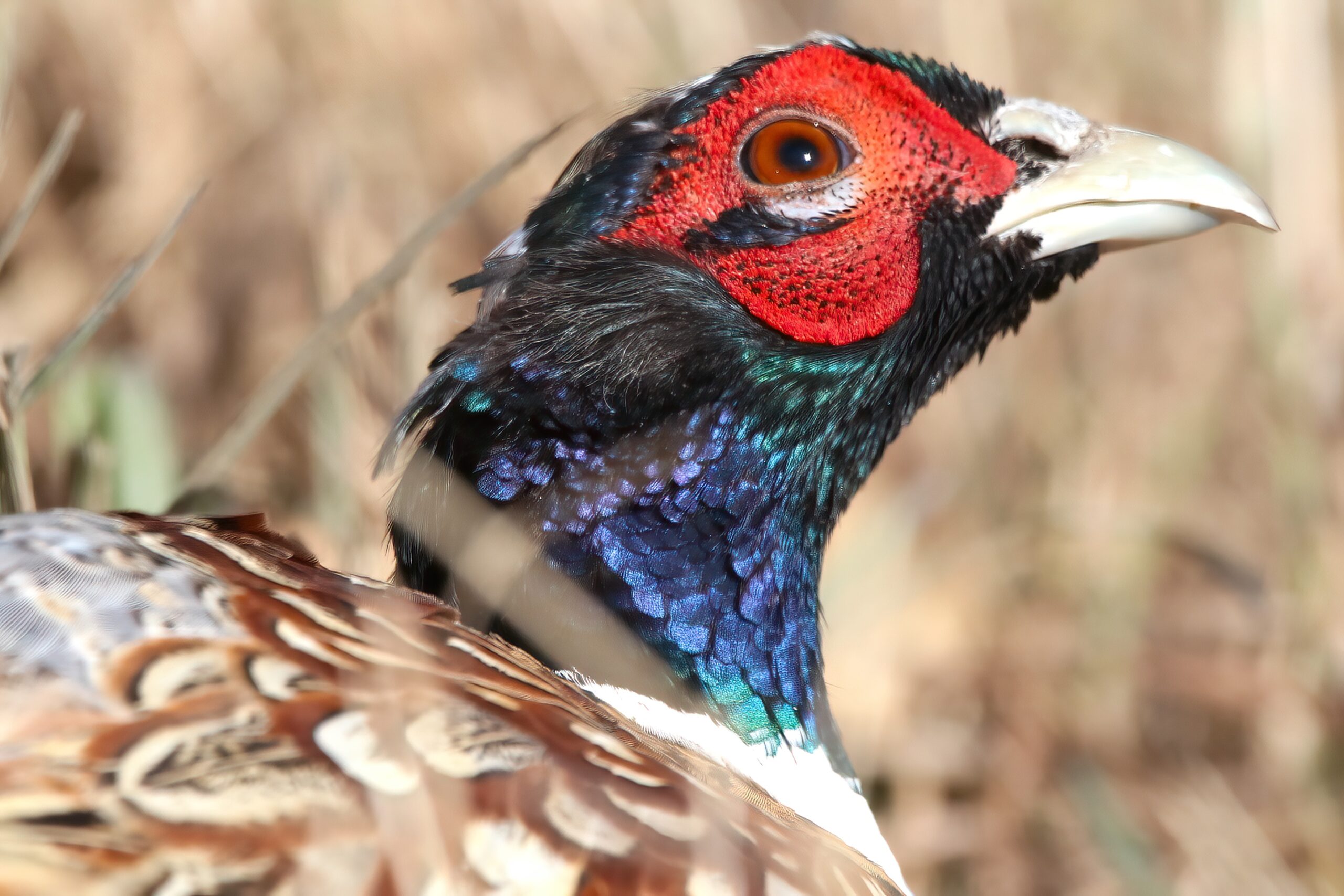We observe dogs chewing their feet as a matter of routine and maybe think nothing of it. But should we be concerned? Like so many dog related questions the answer is “yes and no”. I’ve observed dogs for many years and, as a general rule, they present themselves as clean animals, attending to cleanliness and hygiene as best they can, wherever their tongue can reach. Not always the best at cleaning their paws after walking through muddy puddles, dogs will always attempt to extract material that’s caught on or between the pads of their paws. Our back yard is infamous for having sticky buds on the lawn so, whenever Finn is outside during the warmer weather, he will likely collect these buds on his paws. Initially concerned to see him chewing his paws the way he was, we realised from the pile of buds left on the floor that he was simply extracting the buds from his pads. As with sticky buds, so with small pebbles or snow: dogs are simply chewing their paws to remove a discomfort.
Unfortunately chewing is not always so innocent.
Dr. Christopher Pachel, DVM, owner of the Animal Behavior Clinic in Portland, Oregon says that one common reason why dogs chew their feet is allergies. If the behavior coincides with a change of seasons that offers a clue that an environmental allergen, such as pollen, mold or mildew, might be triggering the behavior. More long-term chewing might signal a food allergy.
A number of between-the-toes skin diseases can cause a dog to chew his feet, says Dr. Remillard, who founded Veterinary Nutritional Consultations Inc. in Hollister, North Carolina. In addition, injury or pain (such as that caused by arthritis or hip dysplasia), as well as autoimmune diseases, cysts, tumors and cancer can lead to foot biting. Some dogs might munch their digits due to skin infections caused by hormonal imbalances, namely too much cortisol or too little thyroid hormone. Something as innocuous as dry skin from winter weather, an arid climate or a deficiency of fatty acids in the diet can cause excessive paw chomping. A cracked claw could be to blame or even a corn (Greyhounds are said to be prone to corns). Fleas, ticks, mites and other parasites irritate the skin, as can some soaps and shampoos, the salt used to treat snowy streets and chemical substances such as harsh lawn and garden pesticides.
Sometimes the answer to, “Why do dogs chew their feet?” is it’s even beneficial. When dogs instinctively lick their wounds (whether on the foot or elsewhere), antibacterial enzymes in their saliva help ward off infection, according to an article on Psychology Today’s website. Saliva also aids in cleaning abrasions and cuts, and the licking action promotes healing by stimulating cells that close the wound.
It’s a good idea to carry out a hands on examination of your dog on a regular basis and include a look at your dog’s paws, whether they have been chewing on them or not. As Benjamin Franklin’s axiom says “an ounce of prevention is worth a pound of cure”.







